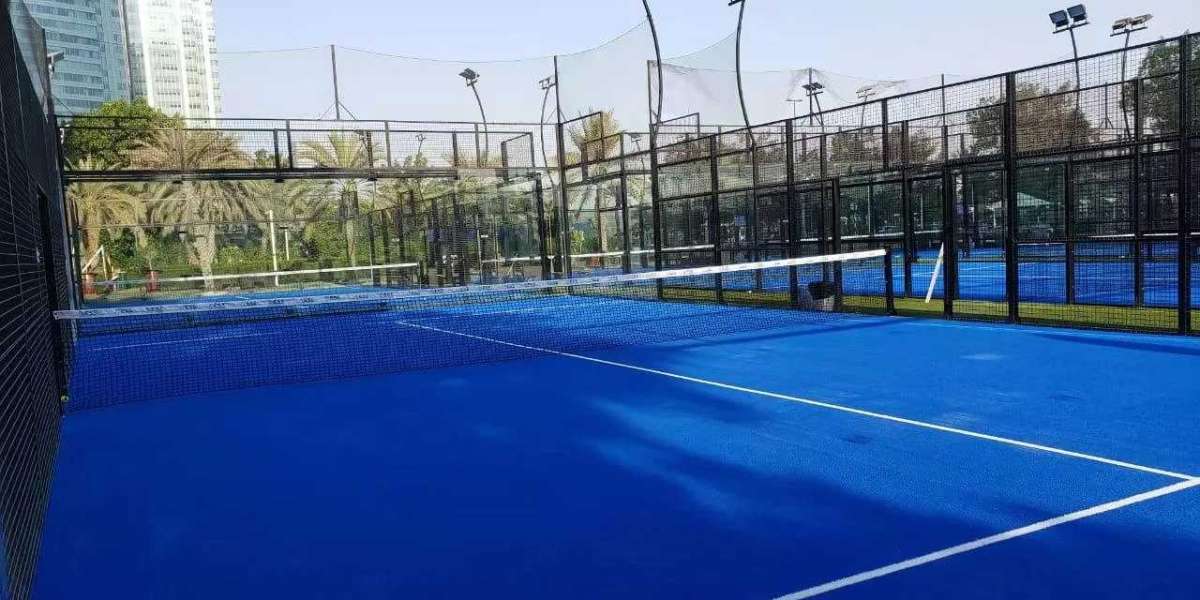Attention Deficit Hyperactivity Disorder (ADHD) is a complex neurodevelopmental disorder that affects millions of children and adults worldwide. As a parent, understanding the latest advances in ADHD treatment is crucial for making informed decisions about your child's health. This article delves into the various treatment options available, focusing on medications, behavioral therapies, and holistic approaches.

ADHD Treatment: Medications Overview
Medications are often a primary component of ADHD treatment. They can help manage symptoms such as inattention, hyperactivity, and impulsivity. The two main categories of medications used for ADHD are:
- Stimulants: These are the most commonly prescribed medications and include options like methylphenidate and amphetamines. They work by increasing dopamine levels in the brain, which helps improve focus and self-control.
- Non-stimulants: Medications such as atomoxetine and guanfacine fall into this category. They may be prescribed when stimulants are ineffective or cause undesirable side effects.
Behavioral Therapies in ADHD Treatment
In addition to medications, behavioral therapies play a significant role in ADHD treatment. These therapies focus on modifying specific behaviors and developing coping strategies. Some effective approaches include:
- Cognitive Behavioral Therapy (CBT): This therapy helps individuals identify negative thought patterns and replace them with positive ones.
- Parent Training: Parents can learn strategies to manage their child's behavior effectively, fostering a supportive home environment.
- Social Skills Training: This approach helps children develop essential social skills, improving their interactions with peers.
Holistic Approaches to ADHD Treatment
Many parents are exploring holistic approaches as part of their child's ADHD treatment. These methods can complement traditional therapies and medications. Some popular holistic strategies include:
- Dietary Changes: A balanced diet rich in omega-3 fatty acids, fruits, and vegetables may support brain health.
- Exercise: Regular physical activity can improve mood and concentration, benefiting children with ADHD.
- Mindfulness and Meditation: These practices can help reduce anxiety and improve focus.
What Parents Should Consider
When considering ADHD treatment options, it is essential for parents to consult with healthcare professionals. They can provide personalized recommendations based on the child's specific needs. Additionally, staying informed about the latest research and treatment advancements is vital. For more comprehensive information, visit the Fastreat Knowledge Base.
In conclusion, understanding the various aspects of ADHD treatment can empower parents to make informed decisions. By exploring medications, behavioral therapies, and holistic approaches, families can work together to create a supportive environment that fosters growth and success.








